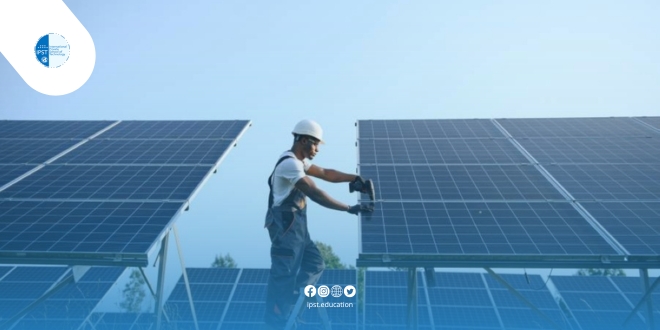Investment Opportunities in Renewable Energy in Africa: Growing Potential Despite Challenges
Africa is endowed with rich natural resources that could position it as a global leader in renewable energy. However, the lack of sufficient investment continues to pose a significant obstacle.
A Golden Opportunity for Renewable Energy Investment by 2030
With growing global focus on climate change issues, Africa finds itself in a prime position to harness its renewable energy resources. The continent is expected to provide investment opportunities valued at $200 billion in renewable energy by 2030. This opportunity not only allows Africa to play a major role in the global energy transition but also to address the energy access gaps in underserved African communities.
Abundant Renewable Resources in Africa
Africa boasts abundant renewable resources such as solar, wind, hydroelectric, and geothermal energy. Despite these vast resources, the continent’s share of global investments in renewable energy was just 2% from 2010 to 2020, amounting to $60 billion out of the total $2.841 trillion global investments. According to the Economic Commission for Africa, most of these investments were directed to only 14 countries within the continent, leaving the rest without sufficient funding.
Slow Recovery in 2023
In 2023, renewable energy investments in Africa saw a slight recovery, reaching $12 billion, but it remains far from the continent’s actual potential. According to the International Energy Agency (IEA), 90% of these investments went to a few select economies on the continent, with South Africa alone receiving 40% of the total renewable energy investments in Africa from 2010 to 2020.
Leading Countries in Africa’s Renewable Energy Sector
Countries like South Africa, Morocco, Egypt, and Tunisia are among the key players in Africa’s renewable energy sector. These nations have strong national policies and regulatory frameworks that support renewable energy development. According to Nivedha Das Th, a senior renewable energy analyst at “Rystad Energy,” these countries are likely to attract the majority of the $200 billion in potential investments by 2030.
Exporting Renewable Energy to Europe
North African countries such as Morocco and Tunisia have a strategic advantage in exporting renewable energy to Europe. For example, solar energy from the Saharan region can be transmitted to Europe via high-voltage direct current (HVDC) lines. This cross-continental energy trade can help diversify Europe’s energy supply while benefiting Africa economically.
Renewable Energy: A Solution for Addressing Energy Access Gaps in Africa
Investing in renewable energy is not just an economic opportunity but also a means of solving energy access issues in underserved villages and communities across Africa. With approximately 600 million people in Africa lacking access to electricity, renewable energy projects can provide sustainable solutions for millions who currently have unreliable power.
Challenges Facing Renewable Energy Investment in Africa
Despite its immense potential, Africa faces numerous obstacles in widely adopting renewable energy. Many countries lack the necessary infrastructure to support large-scale renewable energy deployment. Additionally, securing capital for small- and medium-sized renewable energy projects remains a challenge in countries suffering from economic instability.
According to Nivedha Das Th, regulatory uncertainty, the absence of supportive policies, and bureaucratic hurdles often hinder investments. She advises African governments to simplify regulations and offer consistent support to attract investments in the renewable energy sector.
The Road Ahead for Renewable Energy in Africa
To fully capitalize on its renewable energy potential, Africa must overcome infrastructure challenges, regulatory issues, and financing barriers. This will contribute to global energy sustainability and help resolve energy poverty across the continent.
Sources:
- Economic Commission for Africa (ECA) Report
- International Energy Agency (IEA) Data
- Nivedha Das Th, Senior Energy Analyst at “Rystad Energy”



